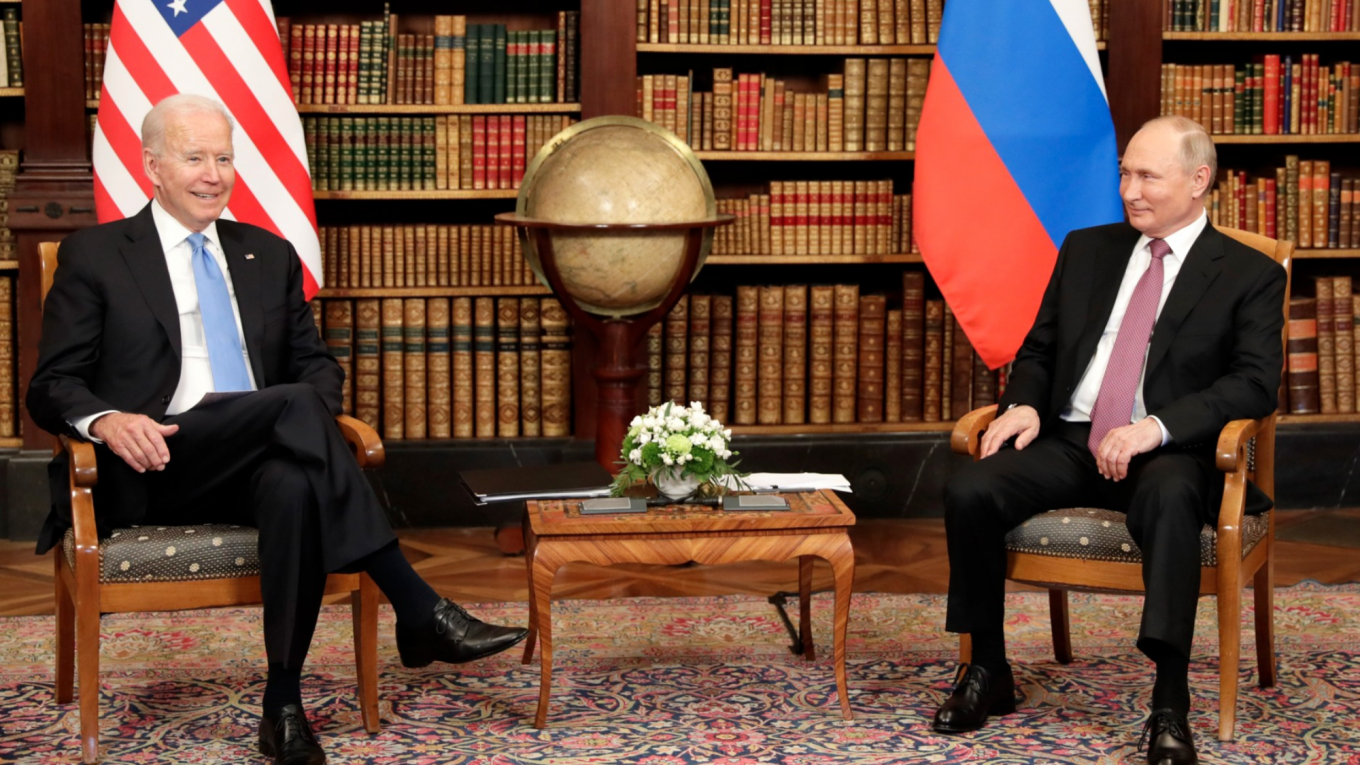Russian President Vladimir Putin has stated that his first summit with US President Joe Biden was ‘constructive’, following the end of talks in Geneva.
Speaking to reporters, Putin pointed out that; ‘the conversation was absolutely constructive’ while adding that the sides had agreed for their ambassadors to return in a small gesture of working towards restoring normalcy to their strained relations.
The ambassadors ‘will return to their place of work. When exactly is a purely technical question,‘ Putin told reporters after the summit, which lasted about three and a half hours.
Africa Today News, New York understands that the diplomatic relationship between Moscow and Washington had all but broken down since Biden took office in January.
After Biden likened Putin to a ‘killer’, Russia in March took the rare step of recalling its ambassador Anatoly Antonov. The US envoy, John Sullivan, likewise returned to Washington.
Read Also: US COVID-19 Deaths Hit 600,000 As Vaccination Push Continues
Biden, who is billed to hold a separate press conference later, pressed Putin to replace the combustible US-Russian stand-off with a more ‘predictable’ relationship between ‘two great powers’ capable of agreeing to disagree.
He reiterated his desire to take US-Russian relations off their increasingly unstable trajectory, in which Washington accuses the Kremlin of everything from meddling in elections to cyberwarfare.
‘It’s always better to meet face to face,’ he told Putin as they met in the villa’s library, with a globe placed between them.
‘We are trying to determine where we have a mutual interest, where we can cooperate; and where we don’t, establish a predictable and rational way in which we disagree — two great powers,’ Biden said.
Putin noted at the start of the meeting that ‘a lot of issues’ need addressing ‘at the highest level’ and that he hoped the meeting would be ‘productive’.
At his press conference after the summit, Putin signalled progress in a number of areas, including an agreement to ‘start consultations on cybersecurity’.
AFRICA TODAY NEWS, NEW YORK
